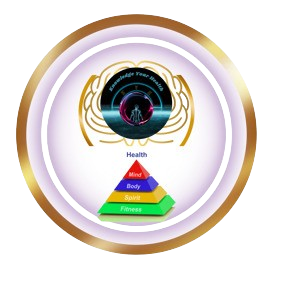Chloride is an essential mineral that plays a vital role in maintaining fluid balance, acid-base balance, and overall cellular function in the body. It is primarily obtained through dietary sources and is also present in the form of sodium chloride (table salt). While deficiencies are rare due to its presence in many foods and the common use of table salt, it is still important to ensure adequate intake for optimal health.
Recommended Daily Intake (RDI) of Chloride:
Do follow this link Chloride

The recommended daily intake (RDI) of chloride varies based on age, sex, and individual health needs. Generally, the Adequate Intake (AI) levels set by the Institute of Medicine are as follows:
- Infants (0-6 months): 0.18 grams (180 mg)
- Infants (7-12 months): 0.57 grams (570 mg)
- Children (1-3 years): 1.5 grams (1500 mg)
- Children (4-8 years): 1.9 grams (1900 mg)
- Children (9-13 years): 2.3 grams (2300 mg)
- Adults (14-50 years): 2.3 grams (2300 mg)
- Adults (51-70 years): 2.0 grams (2000 mg)
- Adults (>70 years): 1.8 grams (1800 mg)
- Pregnant and breastfeeding women: 2.3-2.4 grams (2300-2400 mg)
Dietary Sources of Chloride:
It is predominantly found in table salt (sodium chloride), but it is also present in various foods, including:
- Processed foods
- Seafood
- Dairy products
- Meats
- Eggs
- Whole grains
- Fruits and vegetables

Health Benefits of Chloride:
Fluid Balance: It helps maintain proper fluid balance within cells and tissues.
Acid-Base Balance: It plays a crucial role in maintaining the body’s acid-base balance alongside sodium and bicarbonate.
Digestion: It is a component of hydrochloric acid in the stomach, which is essential for proper digestion.
Nerve Function: It ions are involved in nerve impulse transmission and muscle contraction.
Electrolyte Balance: It works synergistically with other electrolytes like sodium, potassium, and bicarbonate to regulate various bodily functions.
Chloride Supplementation:
While deficiencies are uncommon, they can occur in cases of prolonged vomiting, diarrhea, excessive sweating, or certain medical conditions. In such cases, healthcare professionals may recommend supplementation. However, it is crucial to consult with a healthcare provider before starting any supplementation to determine the appropriate dosage and ensure safety.
Conclusion:
It is an essential mineral that plays a vital role in various bodily functions, including fluid balance, acid-base balance, digestion, and nerve function. While deficiencies are rare due to its presence in many foods and the common use of table salt, it is still important to ensure adequate intake through a balanced diet rich in whole foods. As always, it is essential to consult with a healthcare professional before starting any new supplementation regimen to ensure safety and appropriateness for individual health needs.
